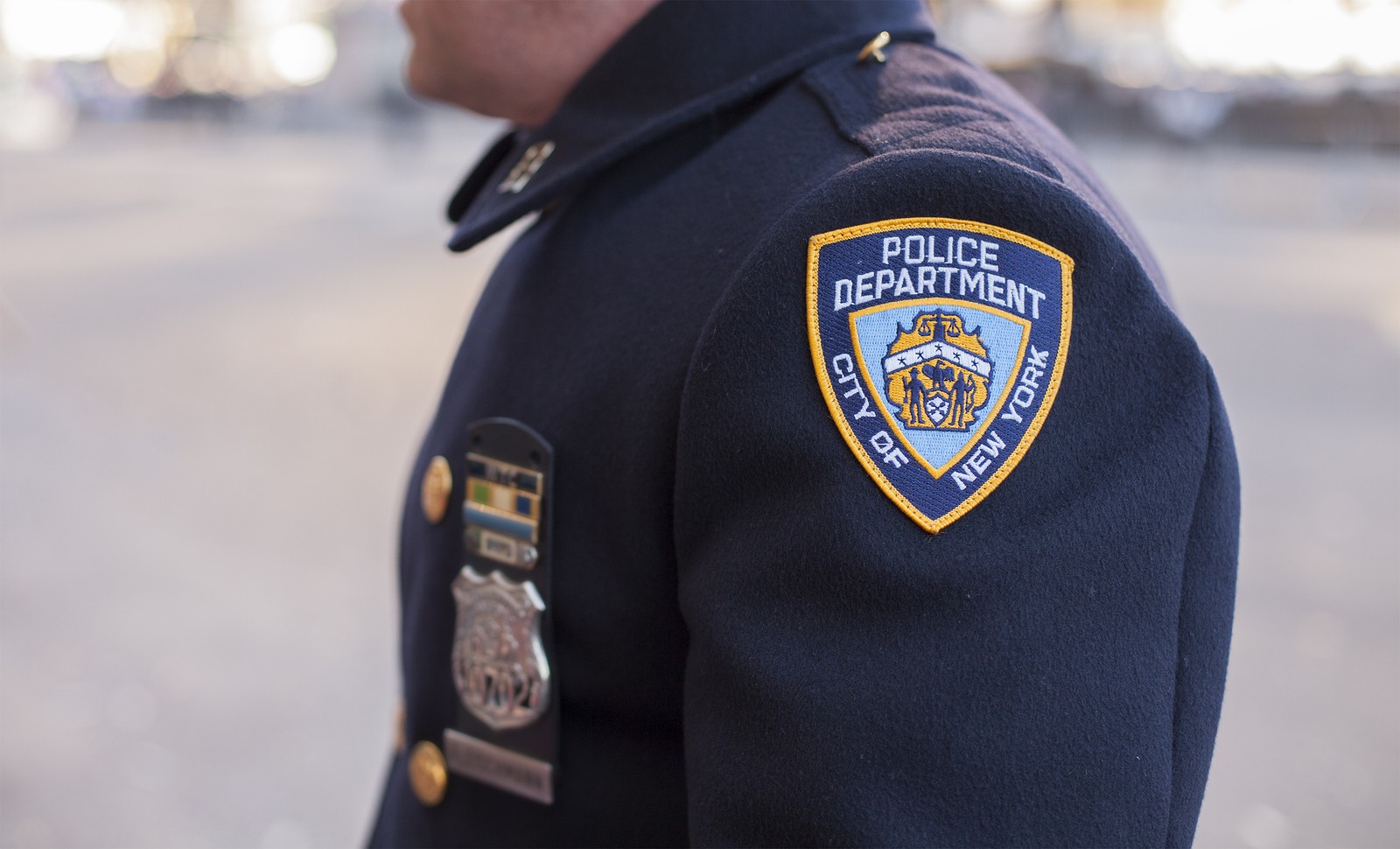In New York, a police officer is allowed to search your car when he or she possesses a warrant. A warrant is a writ of authorization issued by a judge or magistrate, which permits an otherwise illegal act that would violate an individual’s fundamental rights. In the case of a search warrant against an individual’s vehicle, the writ allows a police officer or investigator to search the vehicle in violation of the individual’s Fourth Amendment Rights.
The Fourth Amendment reads:
The right of the people to be secure in their persons, houses, papers, and effects, against unreasonable searches and seizures, shall not be violated, and no warrants shall issue, but upon probable cause, supported by oath or affirmation, and particularly describing the place to be searched, and the persons or things to be seized.
The Fourth Amendment reiterates the fact that a search and seizure of property shall not take place without “probable cause” supported by a warrant. If police search your vehicle without a warrant, your permission, or a valid reason, then they are violating your Fourth Amendment Rights.

When Can Police Officers Search Your Vehicle In New York Without a Warrant?
However, there are also certain circumstances where police may search your car without possessing a warrant. Generally speaking, courts give police officers more leeway to search a vehicle than a home.
An example of a valid reason for searching a vehicle is if, in the course of a police officer’s traffic stop, a motorist’s actions cause the officer to “reasonably believe” that he or she has committed a subsequent criminal offense. If the transgression of events leads to this “probability of cause,” then the officer may legally search the vehicle without a warrant. This is known as the “automobile exception rule.”
Under the automobile exception rule, any vehicle, including boats, may be searched so long as a police officer has probable cause to believe the vehicle contains evidence of a crime, the instrumentalities of a crime, contraband, or what reasonably may lead to the commission of a crime.
There are other major exceptions for when a police officer will be able to search your vehicle without a warrant. Those exceptions are:
- The search incident leads to a lawful arrest.
- The plain view exception.
- Consent.
- Reasonable suspicion search.
- Automobile exception rule.
We already discussed the automobile exception rule, so here is an analysis of the other lawful warrantless vehicle searches.
Search Incident Leads to A Lawful Arrest
Under this exception, if an individual is lawfully arrested, then a police officer may search the individual or any area surrounding them. This is viewed as a protective measure for law enforcement.

Plain View Exception
The plain view exception to executing a search without a warrant is fairly self-explanatory. If an officer executing a traffic stop sees, for example, cocaine in the back seat of the car, then he may seize the evidence that is viewed and arrest the individual.
Consent
Consent is another way in which law enforcement may search a vehicle without a warrant. If a police officer pulls you over for speeding, and asks to search the vehicle, and you permit him or her to do so, then they are legally entitled to search the vehicle.
Reasonable Suspicion Search
If an officer reasonable suspects illegal activity is occurring, then he or she may legally search your vehicle without a warrant. The bar for reasonable suspicion is lower than that which is required for probable cause, but must still evidence something more than mere suspicion.
The Secret Compartment Law
Although this law has not been passed in New York, neighboring states, such as New Jersey and Pennsylvania, have passed the “hidden compartment” law. Under this enactment, if a police officer discovers a secret compartment in your vehicle (empty or otherwise), then the driver may be arrested for solely possessing that secret compartment.
If a driver knowingly operates a vehicle with a hidden compartment used or intended to be used to facilitate the unlawful concealment of a controlled substance, then it is a crime. This law is extremely controversial, because motorists risk criminal charges independent of any other illicit activity. Furthermore, the current chain that allows an officer to search a vehicle is essentially broken, because it abrogates the automobile exception to the warrantless vehicle search rule.
If you have reason to believe that your vehicle has been illegally searched by a police officer,the experienced criminal defense lawyers of Sullivan & Galleshaw may be able to help. To set up a free and confidential legal consultation, call our law offices right away at (800) 730-0135.

